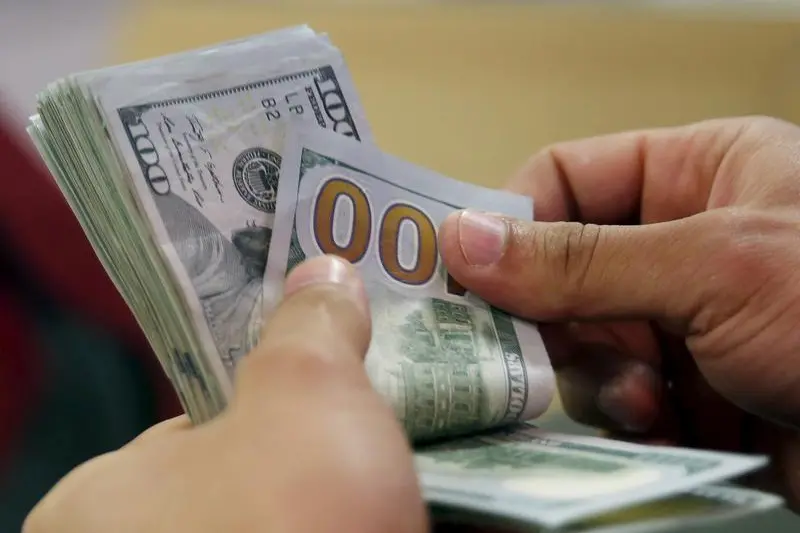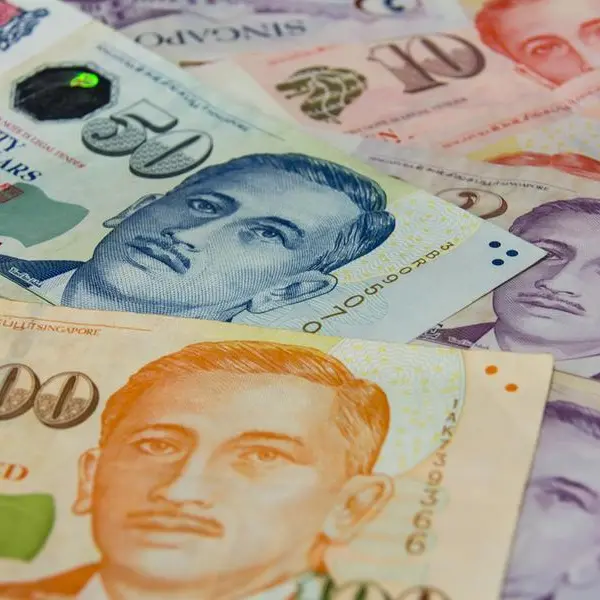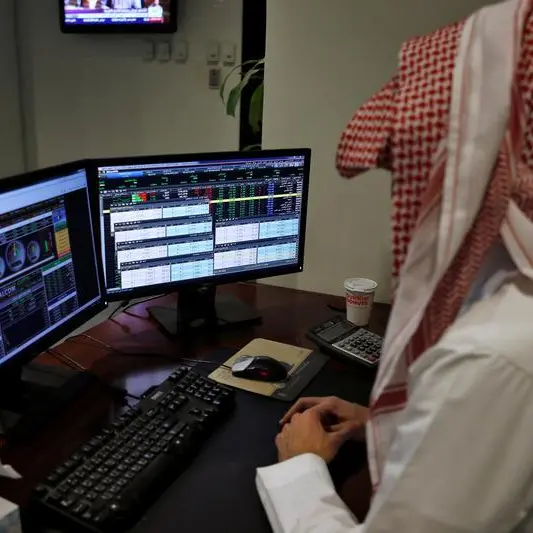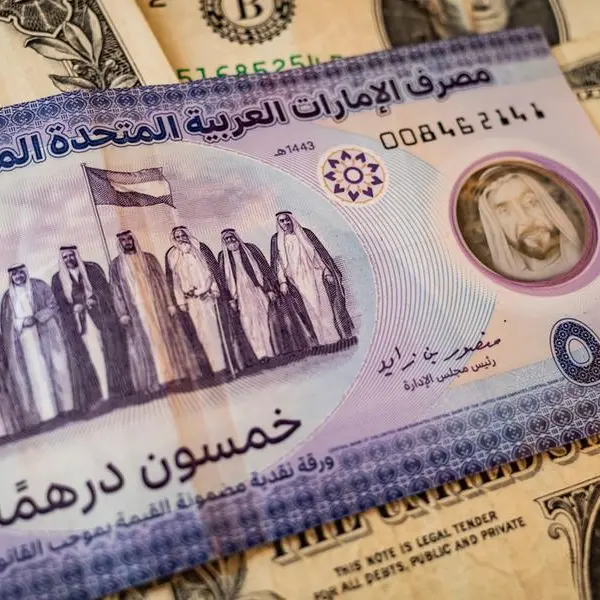PHOTO
DUBAI - Saudi Arabia has put a plan by its sovereign wealth fund to acquire the United Bank of Egypt on hold because of a disagreement with the Egyptian authorities over its valuation, two sources familiar with the matter told Reuters.
The pause is the most recent stumble in vast investment programme promised by Gulf states after Russia's invasion of Ukraine prompted foreign investors to pull more than $20 billion out of Egyptian markets, throwing its economy into crisis.
Saudi Arabia, Abu Dhabi and Qatar last year all promised to make large investments to help Cairo shore up its finances. Saudi Arabia deposited $5 billion with Egypt's central bank in March, and in June said it intended to lead $30 billion worth of investments following a visit to Cairo by de facto Saudi ruler and Crown Prince Mohammed bin Salman.
Saudi Arabia's Public Investment Fund (PIF) began talks last year with Egyptian authorities about buying United Bank.
The two parties could not come to an agreement over how to value the government-owned lender due to the devaluation of the pound, and both parties are holding their positions, the sources said.
Egypt has allowed its currency to depreciate by almost 50% since the outbreak of the Ukraine crisis.
PIF declined to comment when contacted by Reuters on Wednesday, and Egypt's central bank did not immediately respond.
Egypt's government announced in April it was seeking to attract investments of $10 billion in each of the coming four years, part of a programme to increase private participation in the economy.
The PIF-owned Saudi Egyptian Investment Co (SEIC) bought minority stakes in four Egyptian companies in August for $1.3 billion, but since then has not announced any substantial new investments.
Abu Dhabi's state holding company ADQ in April bought shares worth $1.85 billion five publicly traded Egyptian companies but has been slow to follow on with new purchases, while Qatar in March pledged investment deals worth $5 billion but has likewise has been slow in finalising any deals.
Egypt signed a $3 billion rescue plan with the International Monetary Fund in December that targeted $9.7 billion in foreign direct investment in the financial year ending in June 2023.
(Reporting by Hadeel Al Sayegh and Patrick Werr; Editing by Kirsten Donovan and Richard Chang)





















